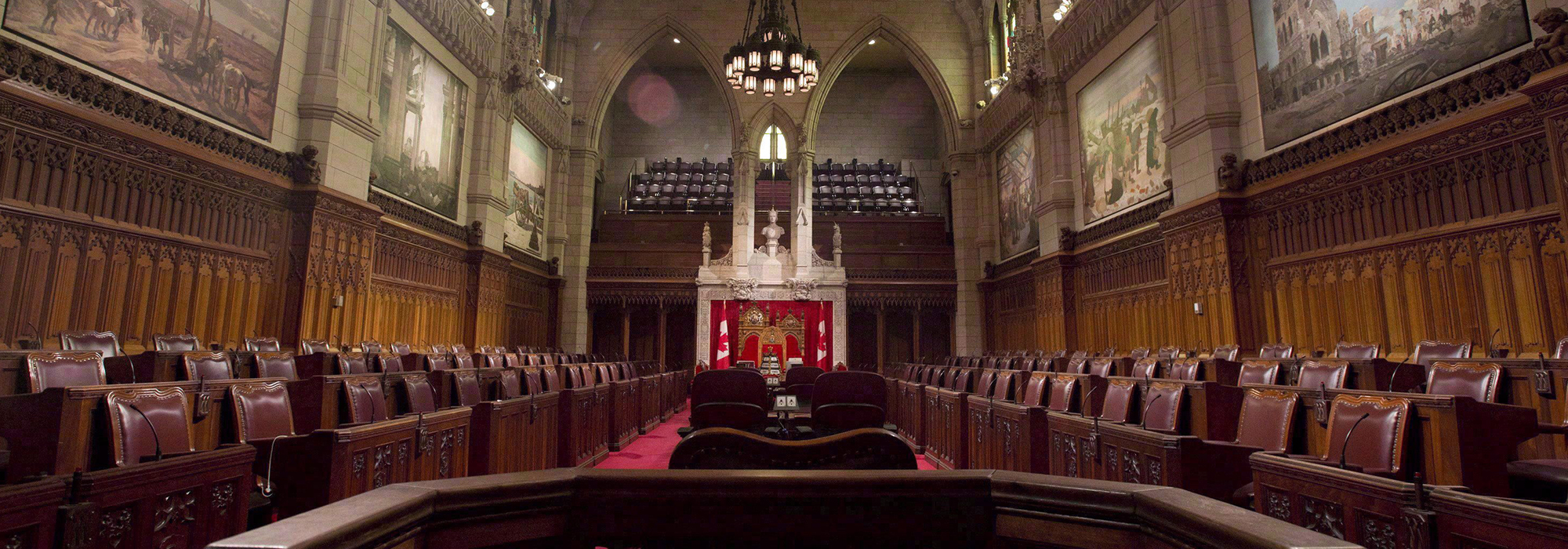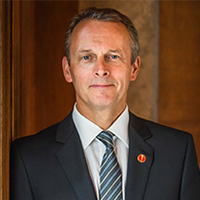
Canadians deserve every assurance that taxpayer money is being spent in a responsible and transparent way. That is why, in 2017, the Senate Committee on Internal Economy, Budgets and Administration’s (CIBA) Estimates Subcommittee (which I chaired at the time) crafted recommendations to create an audit and oversight committee.
The proposed committee goes further than the recommendations of the Auditor General in 2015 regarding expenses.
The committee would be comprised of five senators. The Senate would hire a permanent internal auditor, as per the Auditor General’s recommendation. It is unacceptable that the Senate currently lacks an internal audit function.
The presence of a permanent external auditor, which the Senate currently uses, would continue. These professional auditors would be permanent advisers to the committee.
The committee’s meetings would be public, putting its operations and evidence gathering in the view of 36 million Canadians. On camera, not in-camera.
In my examination of this issue, I have spoken to a number of senior officials and parliamentarians from across the globe. What we have put together is based on best practices from the audit world and from parliaments in other jurisdictions.
For example, our model achieves the same objectives as the British model but is more cost efficient in terms of function, transparency and authority – it is focused on the entirety of Senate expenditures. This is not a coincidence. I have spoken at length to Matthew Hamlyn, the principal clerk of the British Independent Parliamentary Standards Authority, as well as board member and CEO of the authority, Marcial Boo. Their advice, and the advice of others in similar jurisdictions, informed the model we developed.
Our solution protects parliamentary rights – a fundamental element of the Westminster parliamentary system – while ensuring the highest levels of transparency and accountability.
And because there would be no cross-membership with CIBA, those who give approval for funding would not have oversight of how that money was spent. That’s a fundamental best practice, and it is in line with the recommendations of the Senate’s external auditor, Andrew Newman, of KPMG.
To be clear, the presence of senators on this committee does not mean, as Senator Peter Harder would have you believe, that senators will be assessing their own expenses. On the contrary, the committee would oversee a program of blind random sampling of senators’ expenses, something that is not currently done. This would be carried out by the Senate’s professional accounting administration, overseen by the internal auditor. The administration would report its findings to the Senate via the Audit and Oversight committee.
It is important to point out that senators’ expenses are only a small percentage of the Senate’s total budget. The vast majority of Senate expenditures, covering 12 administrative divisions or “directorates,” currently have no oversight or auditing. The establishment of this committee would remedy that, giving Canadians confidence that their money is being spent efficiently, transparently, and with public operational oversight.
Some of my colleagues and I have been working on this for several years. It has been studied at length. The time for delay is over. Canadians expect and deserve better.
The Rules, Procedure and Rights of Parliament committee, chaired by Senator Leo Housakos, is currently drafting a report on the rule changes required to establish the audit and oversight committee. When that report is complete, it will go back to the Senate for final consideration.
The Senate has come a long way from the darker days of the recent past. Spending rules and limits have been overhauled. Proactive disclosure of Senate attendance and complete expense disclosures have been implemented. In early 2019, we will introduce cameras in the Senate so Canadians can watch and listen to the proceedings in real time and hold senators to account even further. Most Senate committees are televised, giving Canadians better access to our work.
These are significant steps towards modernizing this institution, which is steeped in history and tradition. We have come a long way, but we have not finished – indeed, we should never assume that the work of keeping up to date is ever finished. The establishment of responsible and transparent oversight is simply one more necessary step. Ragging the puck on this is not an acceptable option.
Photo: The Senate chamber sits empty on September 12, 2014 in Ottawa. THE CANADIAN PRESS/Adrian Wyld
Do you have something to say about the article you just read? Be part of the Policy Options discussion, and send in your own submission. Here is a link on how to do it. | Souhaitez-vous réagir à cet article ? Joignez-vous aux débats d’Options politiques et soumettez-nous votre texte en suivant ces directives.









